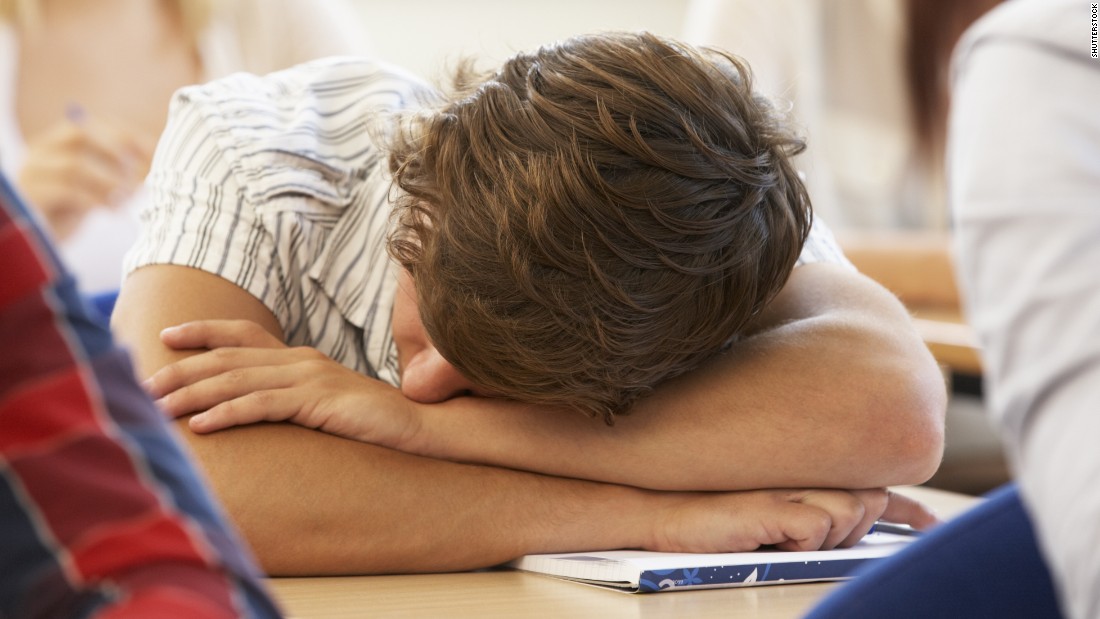The examination observed “a steady sample of influence throughout a vast array of international locations and options,” explained Dr. Ben Carter, lead creator and a senior lecturer in biostatistics at King’s College or university London.
Carter and his colleagues weeded through the professional medical literature to identify hundreds of relevant scientific tests conducted concerning January 1, 2011, and June 15, 2015. They selected 20 investigate stories involving a overall of 125,198 young children, evenly divided by gender, with an common age of 14½ a long time. Immediately after extracting pertinent knowledge, Carter and his co-authors done their possess meta-analysis.
Handful of mothers and fathers will be shocked by the results: The workforce located a “sturdy and consistent association” in between bedtime media gadget use and insufficient slumber quantity, very poor snooze good quality and abnormal daytime sleepiness.
Amazingly, although, Carter and his crew found out that little ones who did not use their devices in their bedrooms continue to had their rest interrupted and were probable to go through the similar problems. The lights and seems emitted by the know-how, as nicely as the content alone, could be as well stimulating.
Even though Carter admits that a weak spot of the assessment was “how the facts was collected in the principal reports: self-described by mothers and fathers and little ones,” lots of of us will likely realize our individual families’ practices mirrored in the studies.
Digital bedroom
According to Carter and his co-authors, this omnipresent engineering negatively influences children’s sleep by delaying their rest time, as they end observing a film or perform one particular far more video game.
Mild emitted from these devices might also have an effect on the circadian rhythm, the inside clock timing organic procedures, which includes overall body temperature and hormone release, the researchers make clear. 1 precise hormone, melatonin, induces tiredness and contributes to the timing of our snooze-wake cycles. Electronic lights can hold off the release of melatonin, disrupting this cycle and generating it more challenging to fall asleep.
Carter and his co-authors also advise that on-line information may well be psychologically stimulating and continue to keep youngsters and teenagers awake much earlier the hour when they flip off their equipment and attempt to sleep.
“Snooze is very important for kids,” mentioned Dr. Sujay Kansagra, director of the pediatric neurology snooze medicine system at Duke College Professional medical Center, who was not concerned in the new assessment. “We know that snooze performs a critical function in mind development, memory, self-regulation, awareness, immune purpose, cardiovascular overall health and a great deal far more.”
Kansagra stated it is feasible that mom and dad underreported children applying products at night time, but a lot more very likely, the technology is only interfering with slumber hygiene. “For illustration, kids who are allowed to continue to keep units in their area may well be extra most likely to stay clear of a good sleep regimen, which we know is practical for sleep,” he stated.
Working towards great sleep cleanliness
Dr. Neil Kline, a consultant of the American Sleep Affiliation, agrees that slumber plays an integral position in a kid’s nutritious development, even however “we don’t know all of the science powering it. There is even some investigation which demonstrates an affiliation in between ADHD and some slumber conditions.”
In many respects, the findings of the new study are no shock. “Sleep hygiene is becoming significantly impacted by technologies, especially in the teenager decades,” said Kline, who bases his view not only on research but on his have “individual encounter and also the anecdotes of quite a few other rest experts.”
Other tips for good rest cleanliness consist of not exercising (bodily or mentally) too near to bedtime creating a typical slumber agenda limiting exposure to mild prior to snooze staying away from stimulants these types of as alcohol, caffeine and nicotine in the hrs prior to bedtime and making a darkish, comfy and tranquil slumber natural environment.
